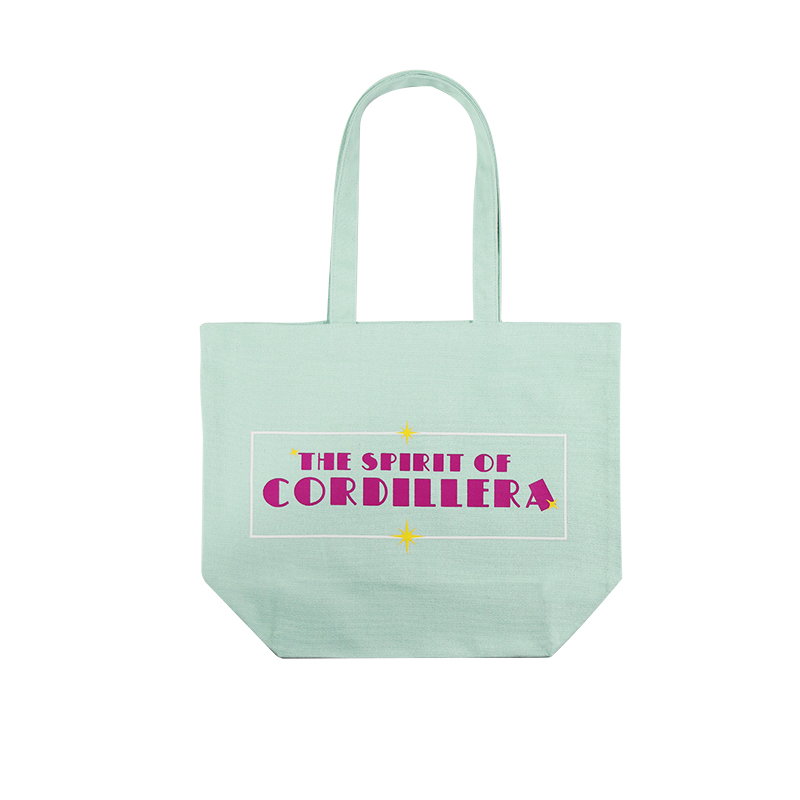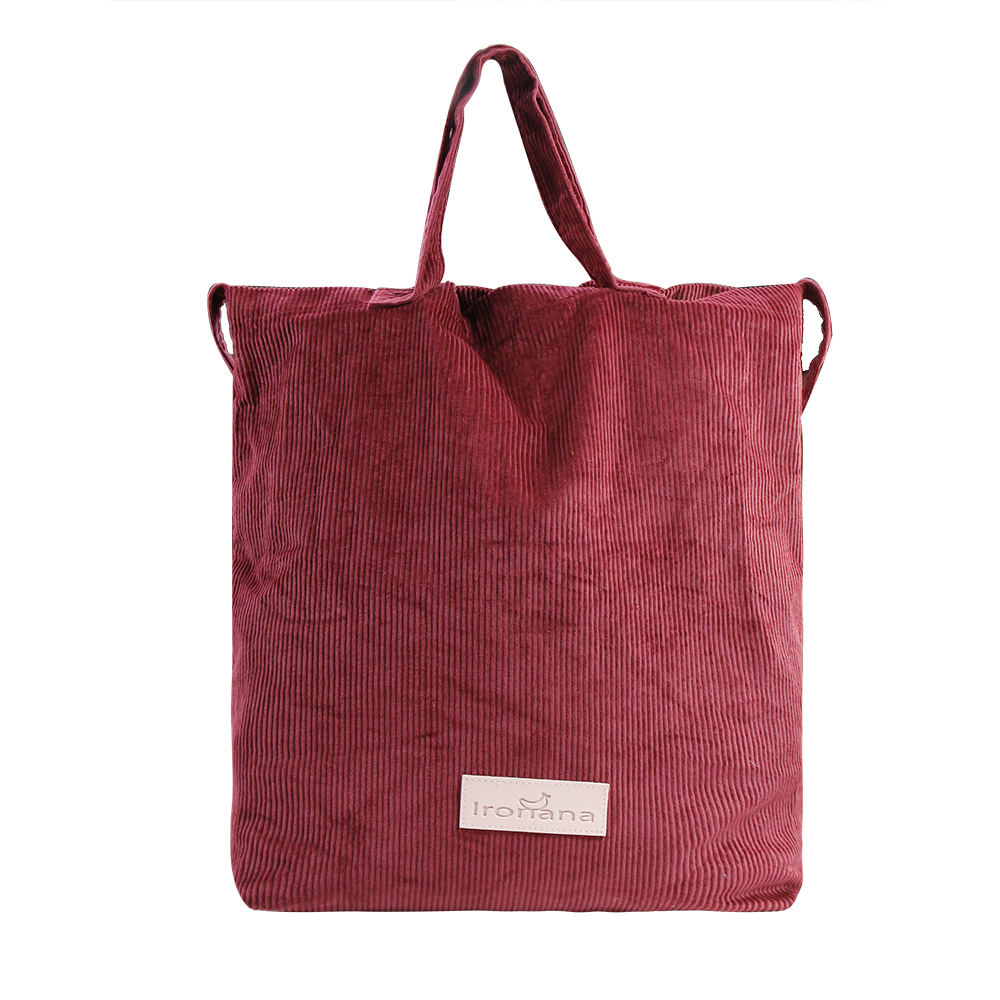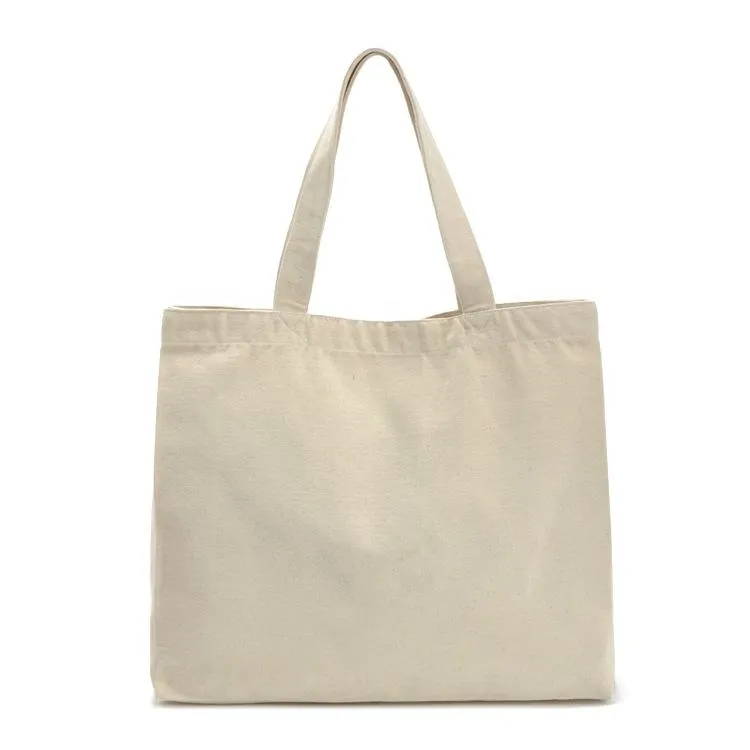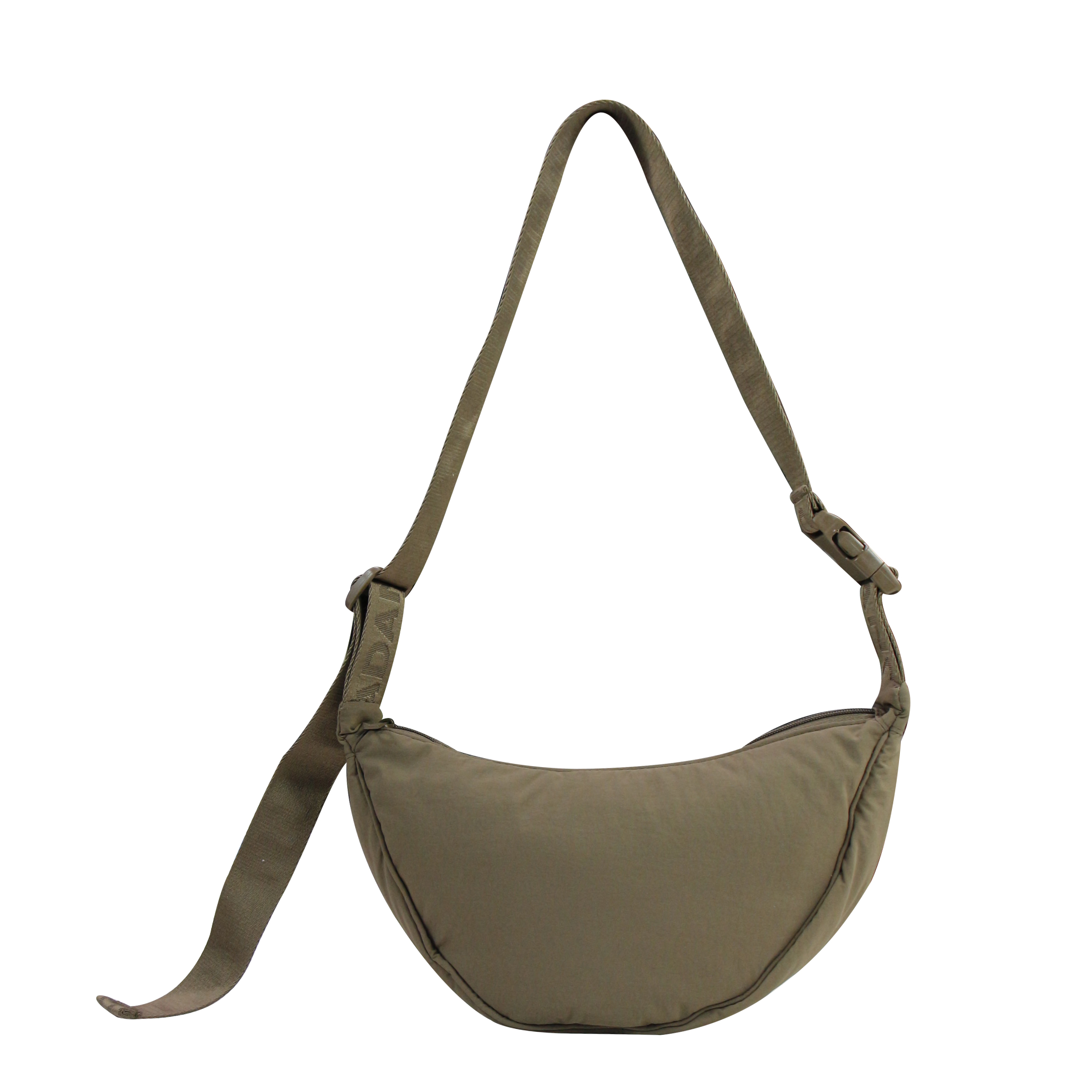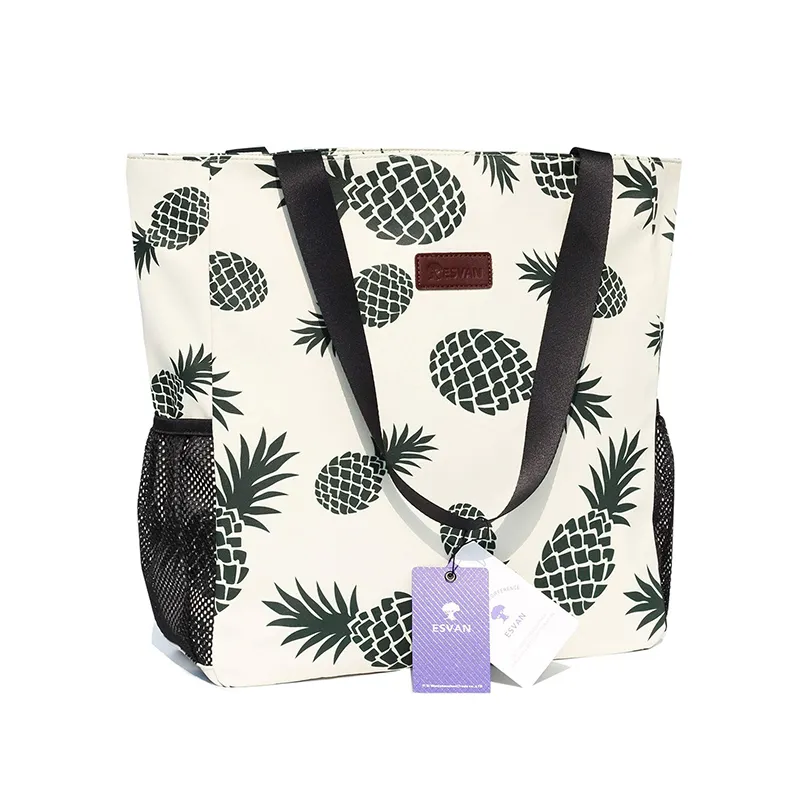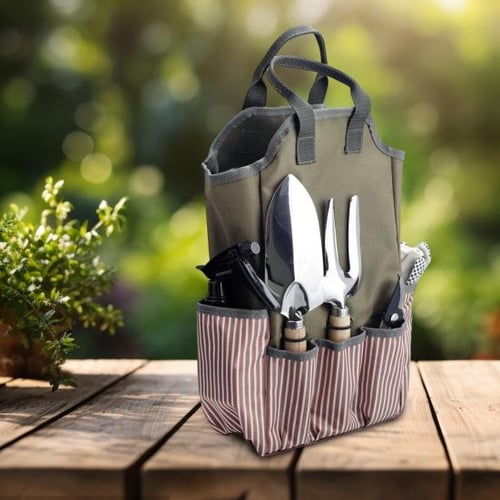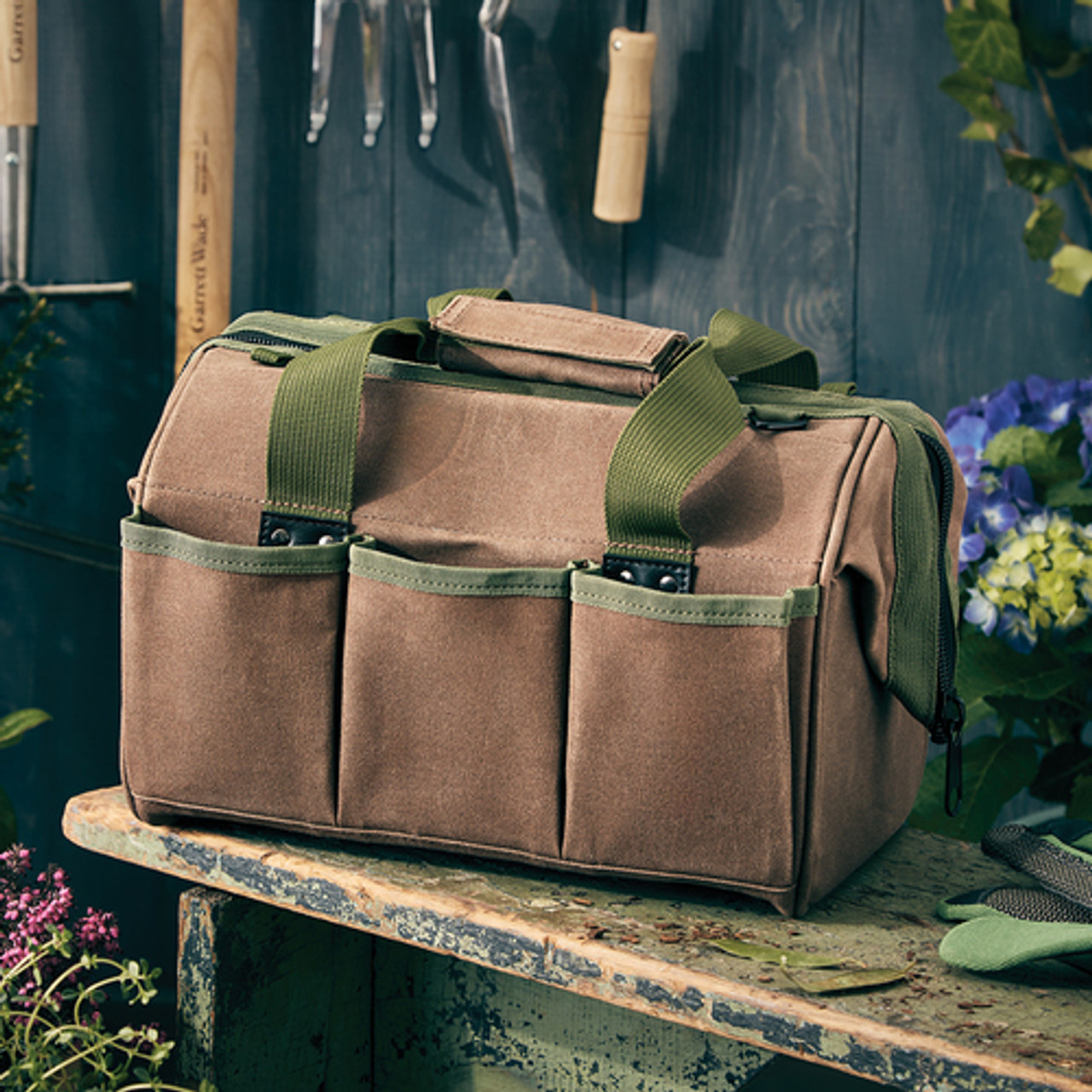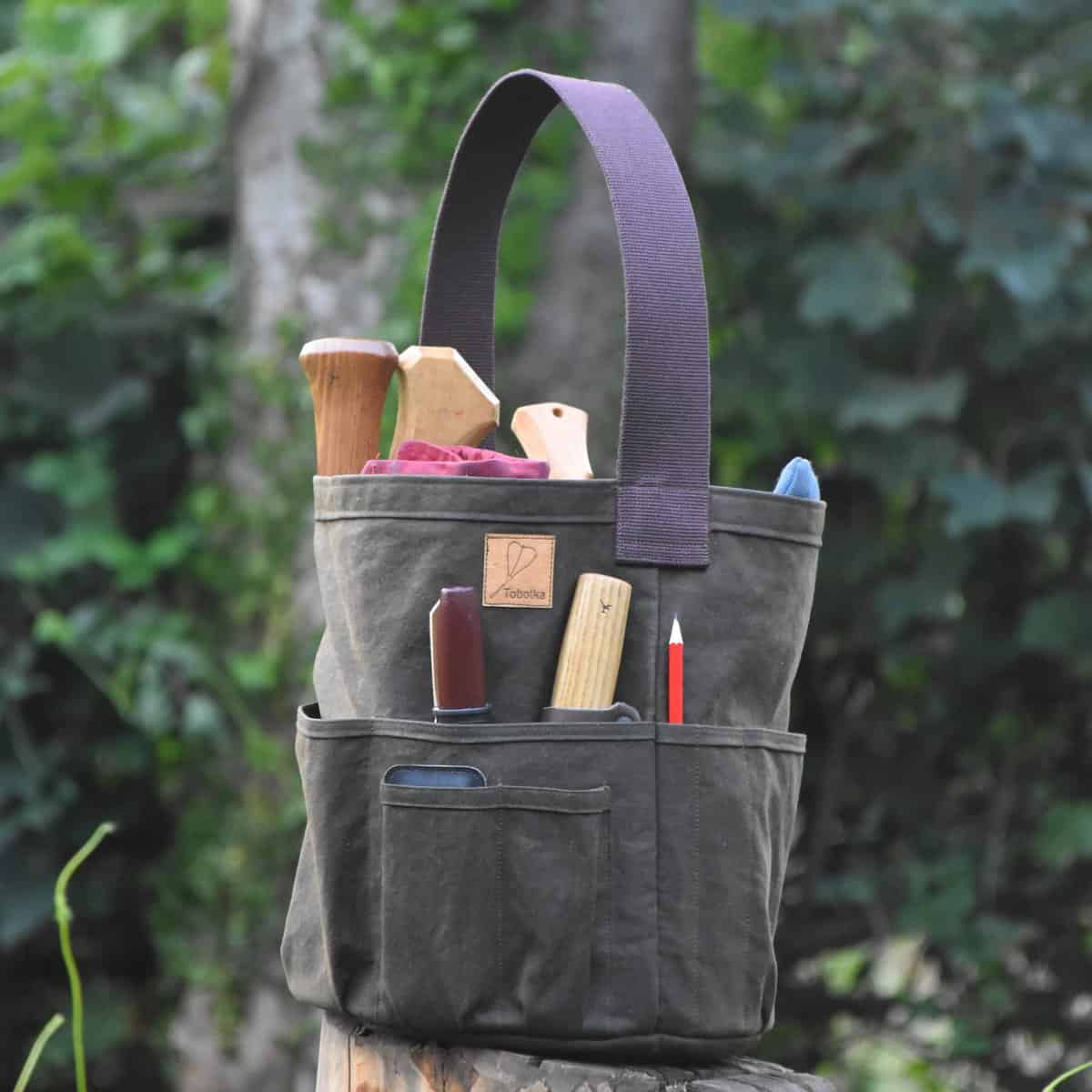8 Popular materials for custom tool bags
When selecting a material for a custom tool bag, it’s essential to consider more than just aesthetics. The material impacts everything from the bag’s durability and weight to its ability to protect your tools in various work environments. Whether you’re a trades person needing rugged, heavy-duty options or someone looking for something lightweight and easy to carry, the material plays a significant role in the performance and longevity of the tool bag. Below are eight popular materials used in custom tool bags, each with its own strengths and ideal uses.

1. Canvas Tool Bag: A Classic for Durability and Versatility
Canvas has been a go-to material for tool bags for decades, and for good reason. Typically made from cotton or linen, canvas is a woven fabric known for its durability and ability to withstand heavy use. Thanks to the material’s ruggedness and breathable properties, canvas tool bags are popular in a variety of industries, from construction to automotive.
What makes canvas stand out is its versatility. While it’s sturdy enough to carry heavy tools like drills, hammers, and wrenches, it’s also intuitively flexible, making it easy to store in tight spaces. Canvas tool bags can be customized with waterproof coatings, reinforced stitching, and multiple pockets for added functionality.
Canvas is particularly well-suited for outdoor work. However, untreated, it can absorb moisture, leading to mildew if left in damp environments. If you’re using a canvas tool bayou, look for one that has been treated with water-resistant finishes.
2. Velvet Tool Bag: Soft Yet Protective for Specialized Tools
While velvet may seem like an unusual choice for tool bags, its soft texture offers unique benefits. Velvet is often used for tools that require extra protection, such as electronics, precision instruments, or delicate tools that need to be shielded from scratches or impact.
Velvet’s smooth, plush surface prevents it from getting scuffed or damaged. However, it is not as durable as other materials. However, it is ideal for those who need a blend of luxury and utility for specialized tool storage. It’s commonly seen in high-end or cases used for expensive equipment.
If you’re considering a velvet tool, you’re sure it’s lined with a more durable material on the inside to provide structure. Velvet’s softness and plush texture have the trade-off of a lesser ability to resist wear, so it’s not ideal for carrying bulky, heavy items.

3. Nylon Tool Bag: Lightweight, Strong, and Weather-Resistant
Nylon tool bags have become a go-to choice for those seeking a balance between strength and lightweight design. This synthetic fabric is known for its durability, flexibility, and water-resistant properties, making it perfect for tool bags used in a variety of environments.
The material is resistant to abrasion, so it holds up well against rough surfaces and repetitive motion. Many nylon bags come with additional coatings to further enhance their water resistance, which is beneficial for users who work outdoors or in damp environments. Nylon tool bags are often lighter than canvas, which makes them easier to carry without sacrificing much in terms of strength.
Look for bags made from high-denier nylon, as this offers excellent durability against abrasion. While nylon tool bags are usually lighter, you should ensure the bag is correctly reinforced in areas that bear the most weight, such as the bottom and handles.
4. Oxford Tool Bag: Affordable and Rugged for Everyday Use
Oxford fabric is made from polyester or a blend of polyester and cotton, offering lightweight properties with increased durability. It is often used in a variety of bags, including tool bags. Oxford fabric is durable and resists wear and tear, making it a good choice for those looking for an affordable yet functional bag.
While not as heavy-duty as canvas or Cordura, Oxford bags offer good water resistance and are much lighter, making them easy to carry around. They are commonly used for tool bags designed for light to moderate use, such as those used by DIYers or homeowners.
Oxford tool bags are best suited for casual users or those who don’t need to carry cumbersome to enhance durability, consider one with reinforced corners and heavy-duty zippers.
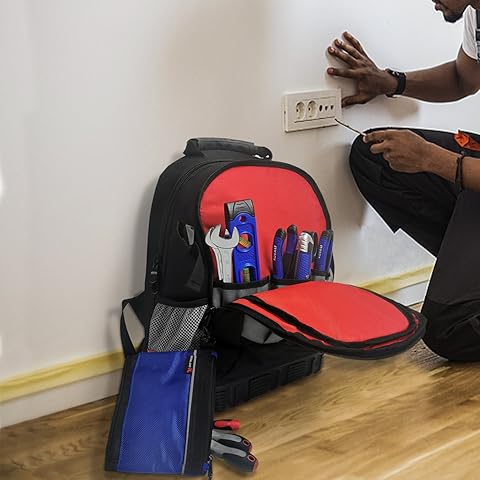
5. Polyester Tool Bag: Budget-Friendly and Easy to Maintain
Polyester is a synthetic fabric known for its low cost and ease of maintenance. It is resistant to shrinking, stretching, and wrinkling, making it ideal for tool bags that need to hold up over time with minimal upkeep. Polyester tool bags are lightweight, making them easy to carry even when they’re loaded with tools.
The fabric is athyresture-resistant, which helps keep your tools dry in less-than-ideal conditions. Polyester bags are easy to clean, and unlike natural fabrics, they don’t absorb dirt or stains as quickly. polyester bags are generally less durable than heavier options like canvas or Cordura, so they may not hold up as well under extreme conditions.
If you’re working in a clean, indoor environment, a polyester tool bag could be ideal. However, for outdoor work or environments where durability is a must, consider a sturdier material like Cordura or canvas.
6. Leather Tool Bag: A Timeless Classic for High-End Appeal
Leather is an old-world material known for its durability, strength, and luxurious aesthetic. Leather tool bags are often used by professionals who want a timeless and sophisticated look and appreciate the material’s durability and aging characteristics. Leather tool bags can last a lifetime, developing a rich patina as they age. When appropriately treated, leather bags provide a high degree of protection against impacts and are naturally resistant to weather elements. While they are generally heavier than synthetic options, leather’s ruggedness makes it ideal for leather, which needs to be well-protected.
For a long-lasting leather tool bag, invest in full-grain leather, which is the highest quality and most durable. To ensure the leather stays supple and resistant to cracking, regularly condition the leather with oils or creams. Also, be mindful of exposing leather to excessive moisture, as it can cause the material to warp or become discolored.
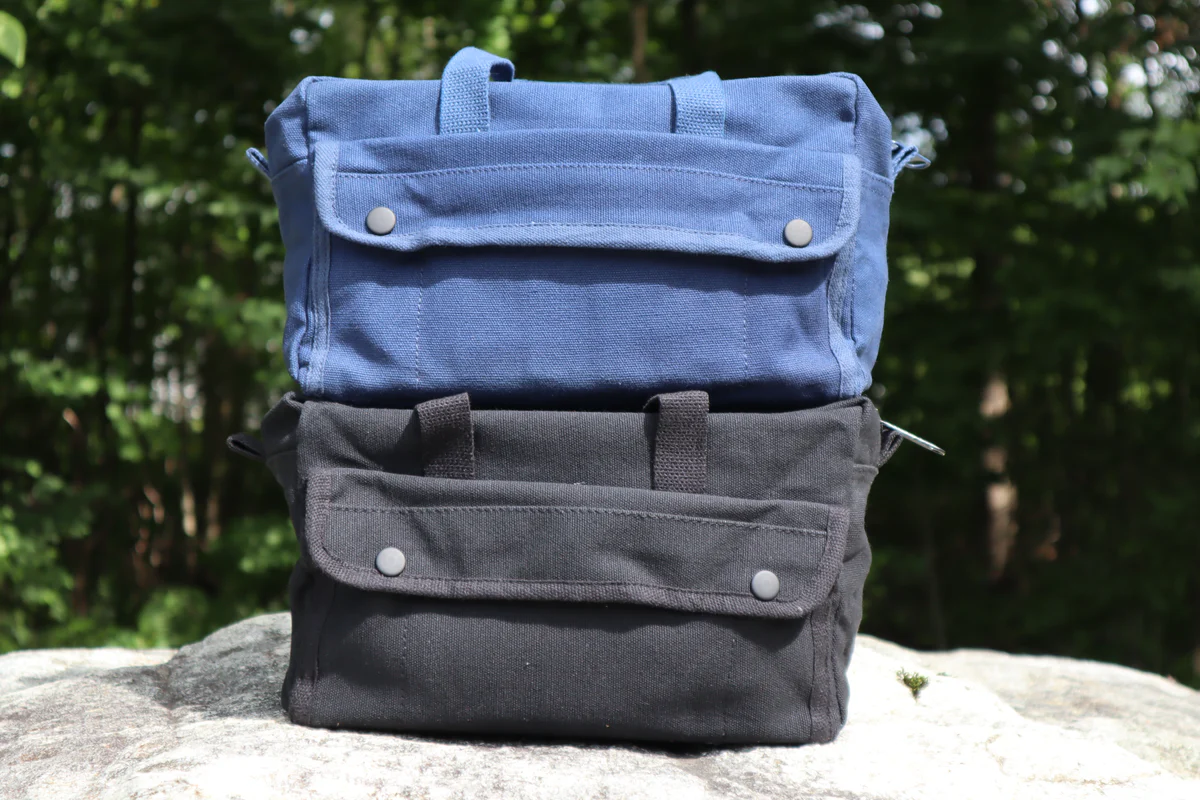
7. Cordura Tool Bag: The Ultimate in Toughness and Durability
Cordura is a tough, high-performance nylon fabric known for its superior abrasion resistance. It’s often used in military and outdoor gear. Tool bags made from Cordura are ideal for those who need the utmost durability in demanding environments, such as construction or fieldwork.
Cordura tool bags are resistant to tears, scuffs, and abrasions, making them well-suited to carry sharp, heavy tools without worrying about the fabric giving way. While Cordura bags are more expensive than other options, their performance and longevity often make them worth the investment.
If you need a tool bag that can withstand harsh conditions and is frequently used, Cordura is an excellent choice. Be sure to select one with double or triple-stitched seams to prevent any weak points from wearing out over time.
8. Denim Tool Bag: Stylish Yet Functional
Denim, most commonly associated with jeans, also has its place in the tool bag world. Denim is a cotton-based fabric known for its durability and classic look. Denim tool bags are relatively lightweight but still strong enough to handle a variety of tools. They offer a unique blend of softness and ruggedness that many find appealing.
The charm of denim is not only its resilience but also its ability to develop character over time. Just like a pair of jeans, a denim tool bag can look even better with age, gaining unique wear marks that add personality to the bag. Denim also tends to be more breathable than synthetic options, which can help reduce moisture buildup inside the bag.
Denim tool bags may not offer the same level of water resistance as nylon or Cordura, so they’re best for users working in dry conditions. If you plan to use it outdoors, look for a denim tool bag with a protective lining or water-resistant coating.
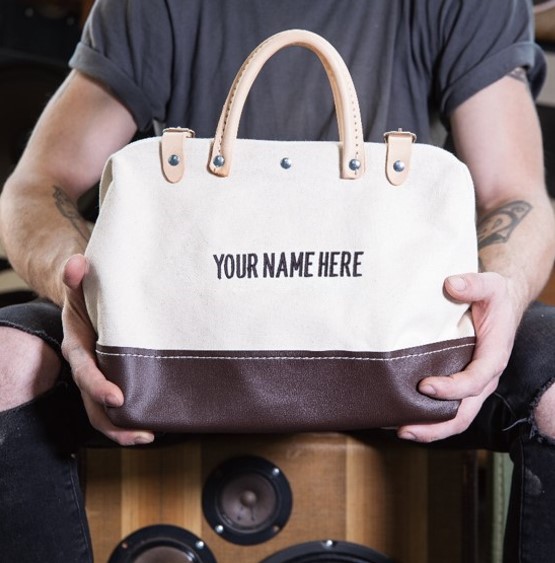
Conclusion
The material of your custom tool bag plays a pivotal role in its functionality, durability, and overall suitability for your needs. From the rugged and timeless canvas to the lightweight and versatile nylon, each material offers distinct advantages. When choosing the right tool bag, consider the environment in which you’ll be using it, the type of tools you’ll need, and the level of protection you need. Armed with this knowledge, you can confidently select a material that meets your needs and ensures that your tools are well-organized, easily accessible, and protected.
Hot products
-
-
Corduroy Pu leather label debossing logo large shopping tote bag
Learn More -
Blank tote canvas shopping bag
Learn More -
Custom logo adjustable strap waterproof nylon crossbody bag
Learn More -
Polyester waterproof beach tote bag
Learn More


